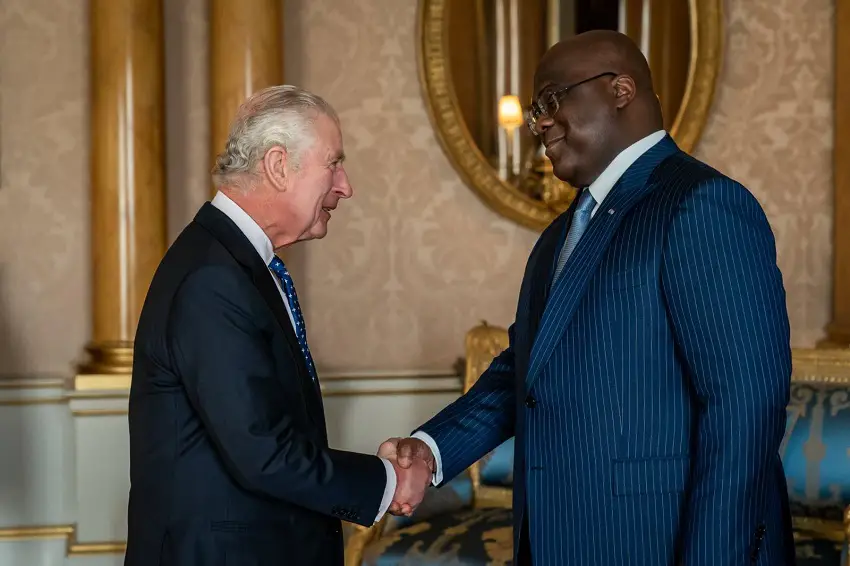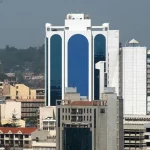Faced with frontline defeat by the battle hardened M23 rebels, President Félix Tshisekedi of DRC says that he is not about to hire Russian mercenaries although it is fashionable these days.
President Tshisekedi was speaking at the Financial Times Africa Summit in London on Tuesday.
“I know it’s fashionable now . . . [but] no, we don’t need to” use mercenaries. “I don’t even know where to find them,” he joked.
However, mercenaries under the Russian private security company Wagner Group operate clandestinely and most troubled states that outsource services of these mercenaries keep details tightly sealed.
DRC defence minister Gilbert Kabanda,in August flew to Moscow where requested Russia to provide modern military equipment to the DRC.
Russian regional director of cooperation, Anatoly Punchuk, reassured Minister Gilbert Kabanda of Russia’s availability to equip the FARDC and train Congolese officers.

According to military experts, the mercenaries are likely to enter or are even already in DRC under the cover of military trainers offered by Moscow.
Western diplomats based in Africa have previously expressed concern about a potential deployment of Wagner forces in Congo.
“Believe me, we don’t have any [Russian mercenaries]. We are not going to use a militia to support our actions,” he said.
Tshisekedi said it was normal to keep dialogue open with Russia, “We will strengthen our security by increasing our defence and security capabilities.”
Russian mercenaries are already present in Central African Republic (CAR) which borders with DRC which according to political analysts makes it very easy for their deployment in DRC.
Tshisekedi is under intense pressure following a major offensive in eastern Congo by the M23 armed group, which he has accused Rwanda of backing. Kigali has consistently rejected the accusations.
The Congolese leader who was the keynote speaker at the Financial Times (FT) Africa Summit on investing in Africa, noted that international investors could have doubts about the business climate, including questions about institutional strength and the insecurity in the east. But he blamed the latter on Rwanda’s ‘predatory power’ and its support for the ‘terrorist’ M23 group.
Tshisekedi lashed out at the international community, particularly the media, for its ‘complicit passivity’ in allowing the impression to persist of a continent only of problems.








